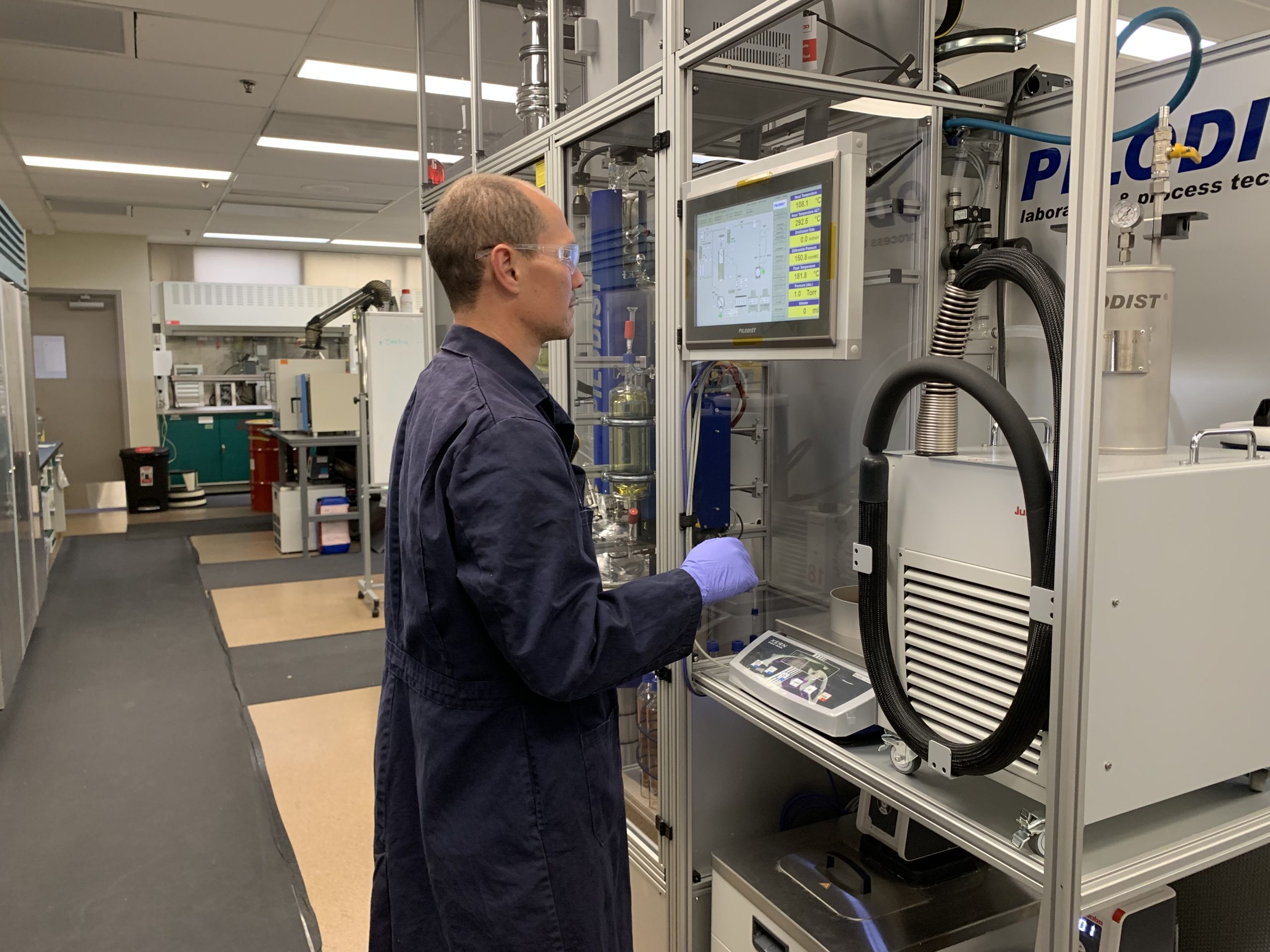Steeper Energy Canada Ltd. has reached a major milestone. The company successfully demonstrated its Hydrofaction® technology, an Alberta-led innovation that converts forestry and agricultural residues into low-carbon biocrude, highlighting the province’s role as a leader in the global transition to sustainable fuel solutions.
“Burning fossil fuels is a major contributor to greenhouse gas emissions worldwide,” says Doug Greening, Project Development Manager at Steeper Energy. “Untreated forestry residues, if not properly managed, can contribute to environmental challenges, increasing fire risks and releasing carbon as they decay.”
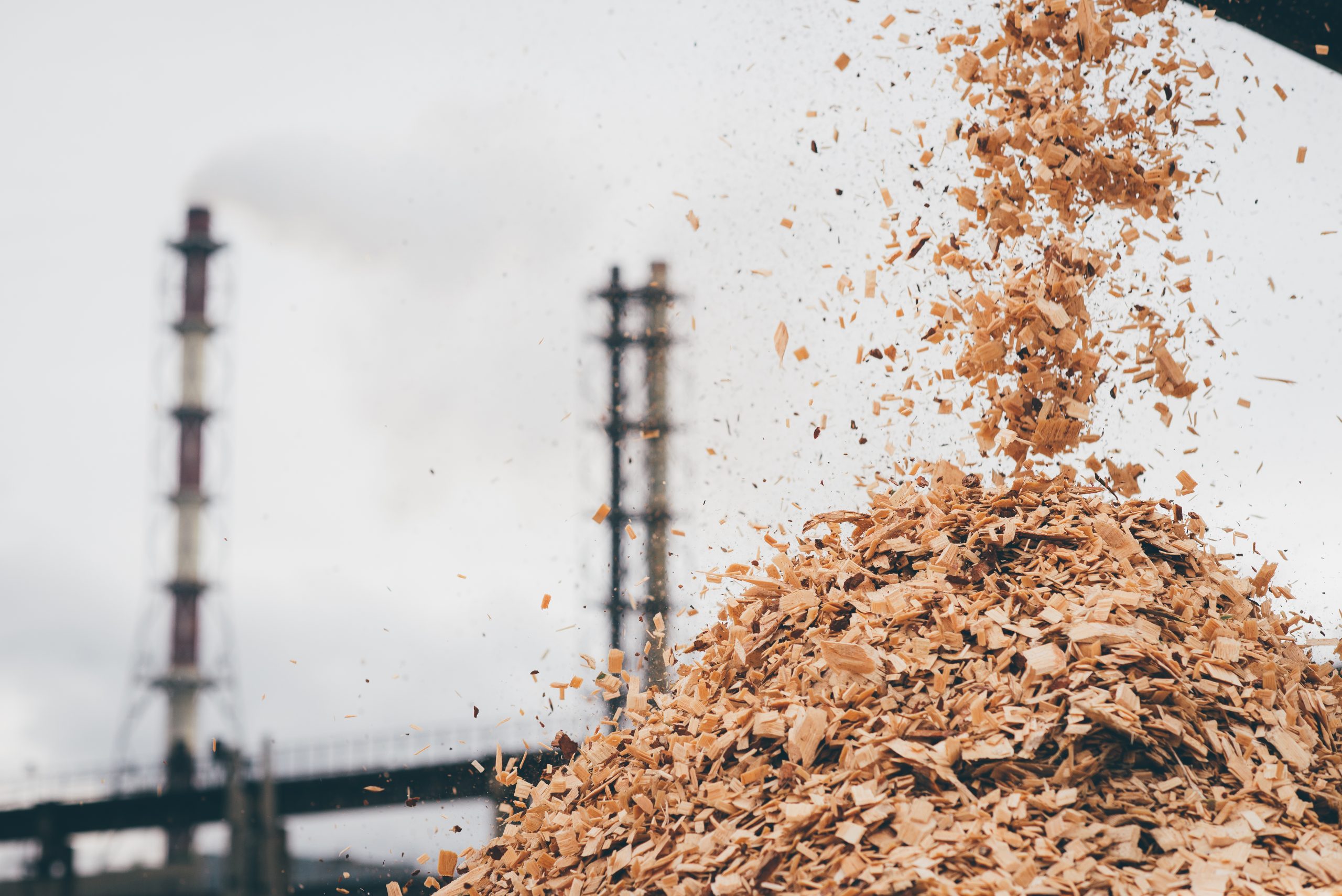
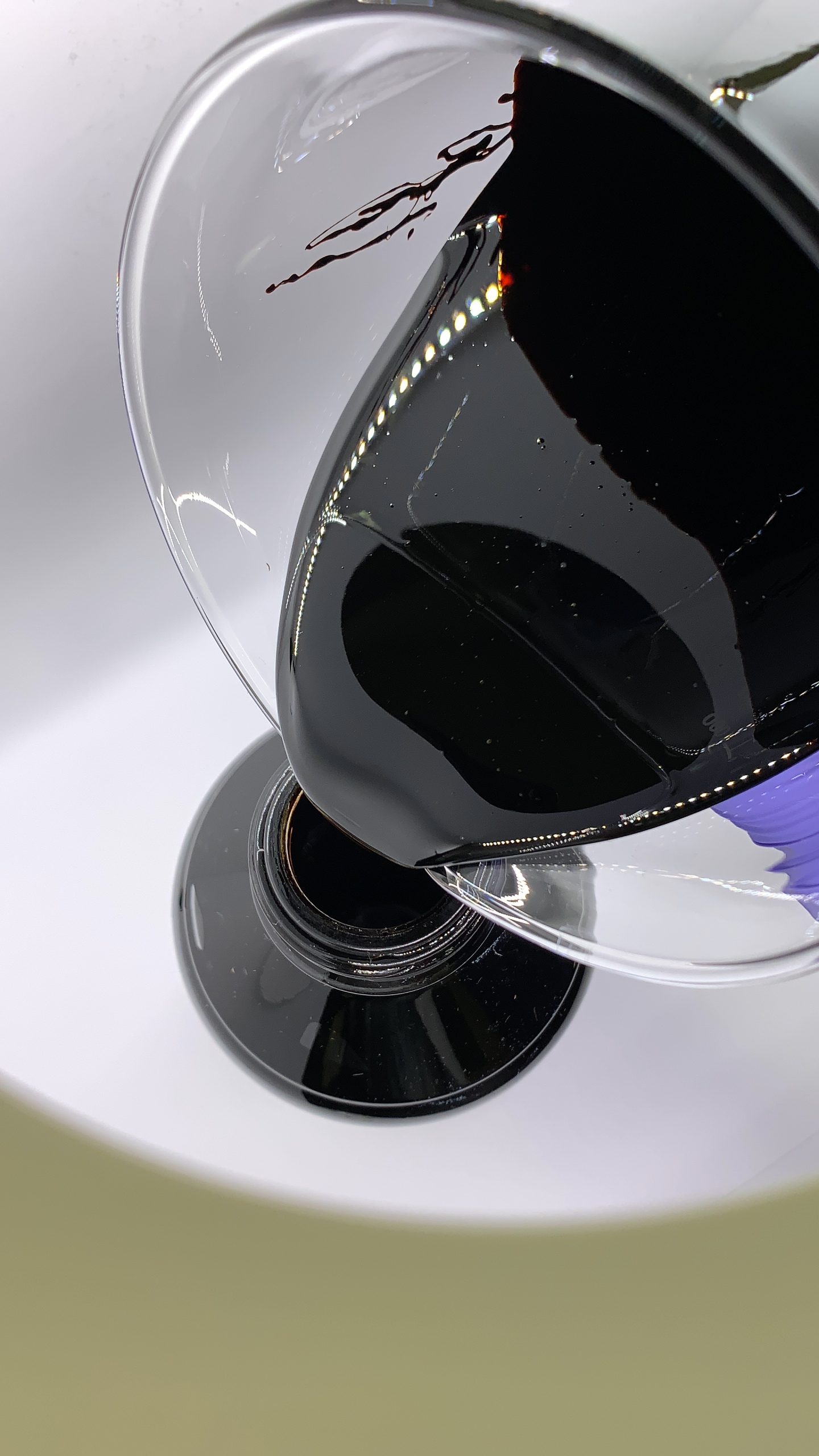
Hydrofaction® uses catalytic, supercritical water chemistry to transform biomass into biocrude oil. The resulting low-carbon fuel can be refined into diesel, marine fuel, and Sustainable Aviation Fuel. Each one is compatible with existing petroleum infrastructure.
“Alberta’s abundant biomass residues and well-developed energy infrastructure, combined with Steeper Energy’s Hydrofaction® technology, offer a viable economic pathway for forestry residues while reducing greenhouse gas emissions,” said Greening.
Supported by a $5 million investment from Emissions Reduction Alberta (ERA), the project confirmed that the biocrude is consistent and of high quality and can be co-processed with local petroleum feedstocks. The pilot studies also identified practical methods for scaling up production.
“The project shows the social and environmental benefits of utilizing waste biomass that would otherwise be burned, landfilled, or left to decompose, such as reducing fire hazards, improving air quality, and enhancing soil health,” Greening said. “Beyond environmental benefits, the commercialization of Hydrofaction® technology will drive economic growth and create significant employment opportunities.”
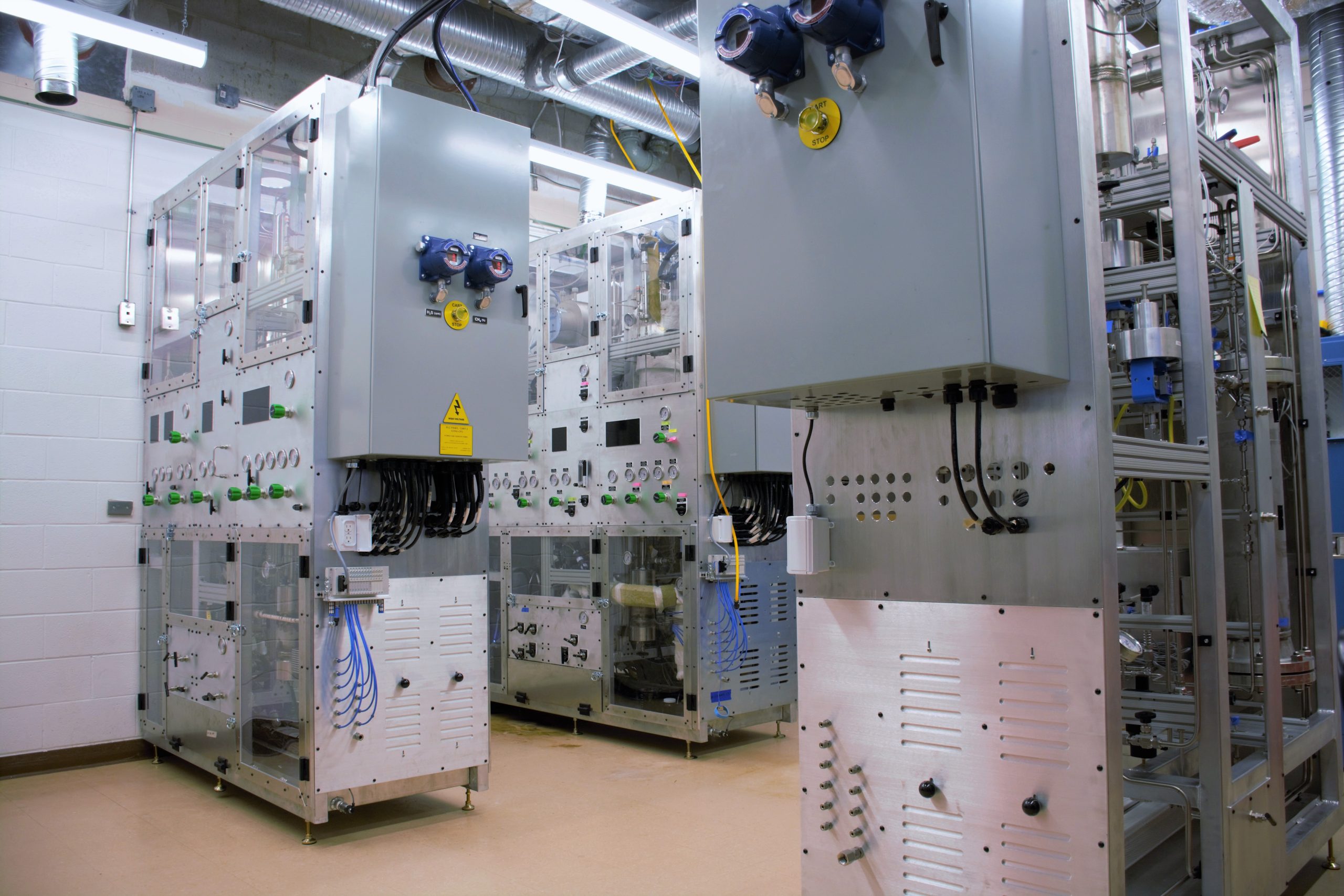
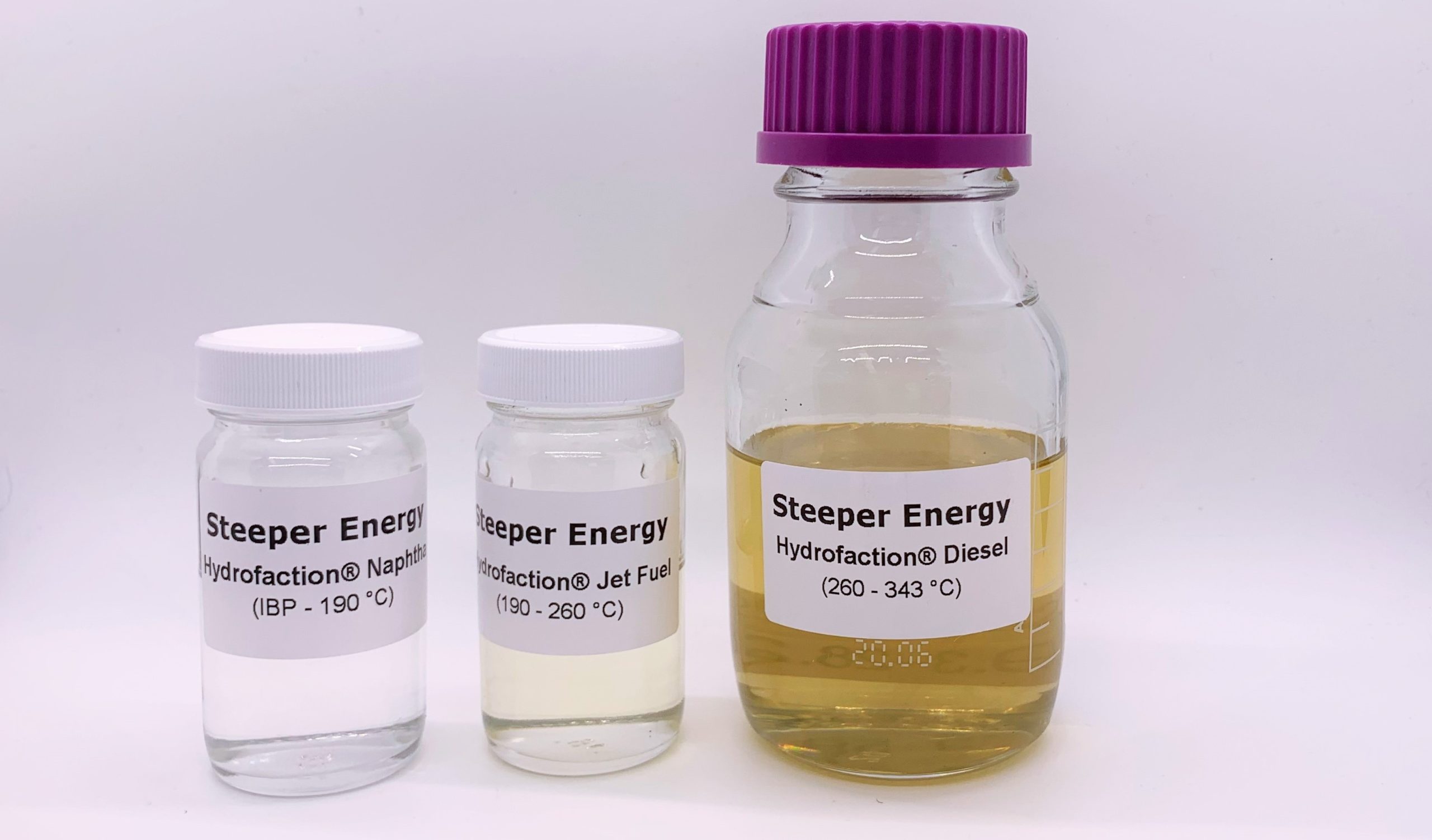
The team also completed engineering assessments and explored full-scale plant design. A commercial facility could process 2,000 barrels per day, create an estimated 2,500 construction jobs, and provide 30 permanent positions.
“The achievements of this project, made possible through ERA’s support, mark a significant milestone in Alberta’s transition to a cleaner energy future,” says Greening. “By harnessing the province’s biomass resources and advancing cutting-edge technology, Steeper Energy is paving the way for reduced emissions, strengthened local economies, and continued leadership in renewable fuel production.”
